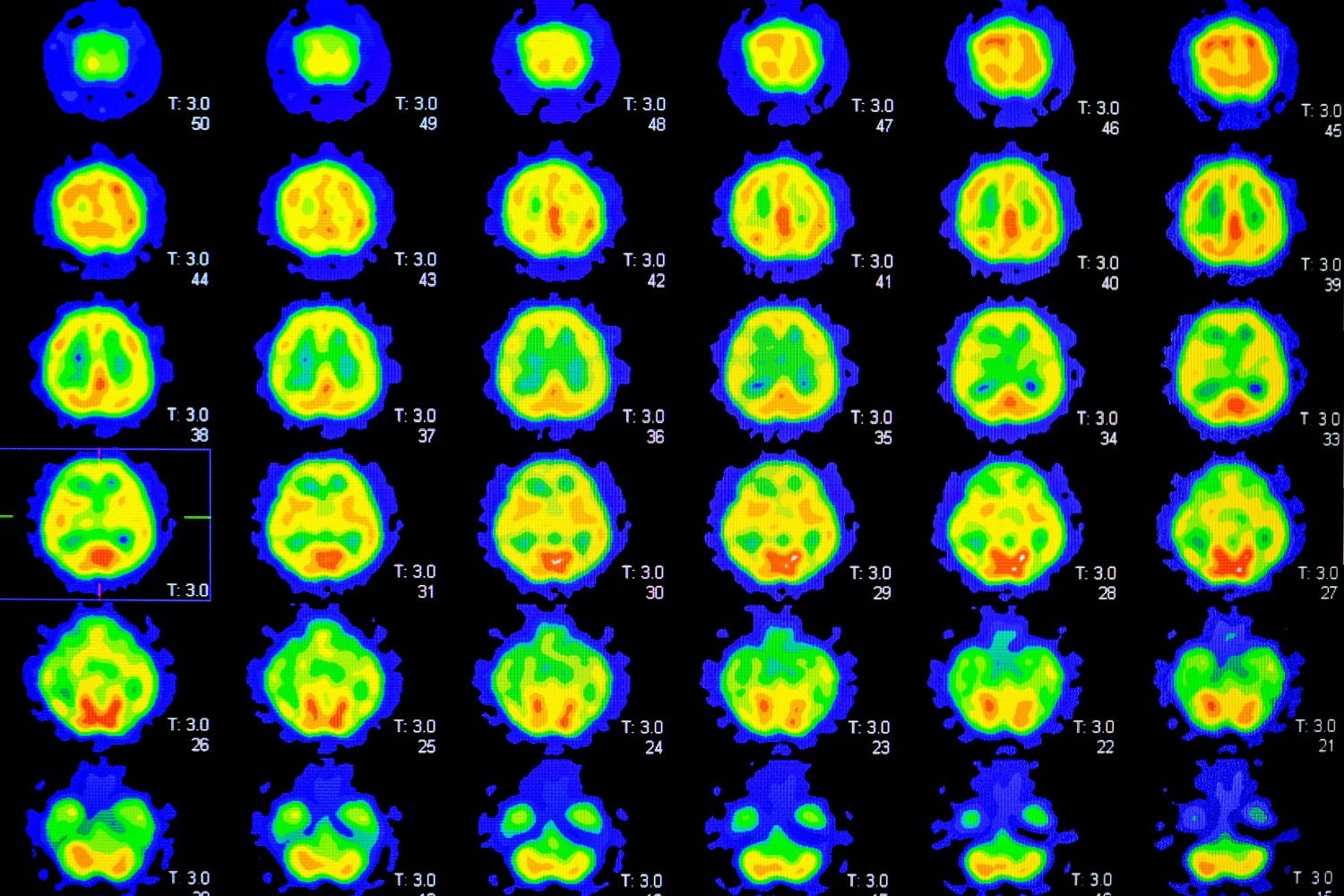The National Institutes of Health (NIH) has initiated a second round of unforeseen layoffs affecting various departments, including the National Cancer Institute (NCI), raising concerns about the future of critical research programs. This news follows an earlier wave of job cuts, impacting the already strained resources of the federal research institution.
The layoffs, first reported by CBS News, are estimated to affect approximately 200 employees, with 50 positions cut from the NCI alone. These cuts come as a shock to many, as previous assurances indicated no further layoffs were planned. Employees expressed their dismay at the unexpected turn of events, highlighting the disruption and uncertainty caused by these decisions. The impact of these cuts extends beyond individual livelihoods, potentially hindering vital research efforts.
The recent layoffs are reportedly connected to earlier rehiring efforts. Following initial job cuts, some employees were brought back due to their essential roles or the administration’s backtracking on certain decisions. Sources suggest the latest round of layoffs aims to offset these rehirings and meet pre-determined layoff targets, raising questions about the strategic planning behind these actions.
These cuts disproportionately affect the NIH’s Office of Communications and Public Liaison, a crucial department responsible for communicating with the public and medical professionals about NIH programs. This office manages the NCI’s Cancer Information Service (CIS), a vital resource offering cancer-related information and support. The CIS provides a hotline, live chat, email support, and even connects individuals with smoking cessation counselors, underscoring its importance in public health outreach. The NCI has already experienced previous staff reductions in other departments, including contracting and human resources, further compounding the impact of these new layoffs.
The CIS, operating since 1975, provides up-to-date information on various cancer-related topics, from patient support services to clinical trials. This service is a critical link between the NIH and the public, providing reliable and accessible information. The recent layoffs raise concerns about the CIS’s ability to maintain its current level of service and support.
This wave of layoffs may only be the beginning of more significant challenges. The proposed White House budget includes a substantial 40% cut to NIH funding and a restructuring that could eliminate or merge many of its divisions. These proposed cuts not only threaten public health initiatives but also risk driving scientists away from the U.S. The European Union’s recent initiative to attract U.S.-based scientists, subtly referencing the current administration’s stance on science, further highlights this concern. These developments raise the alarming possibility of the U.S. losing its leading position in scientific research.
In conclusion, the repeated layoffs at the NIH, particularly affecting crucial departments like the NCI and the CIS, raise significant concerns about the future of research and public health initiatives. The proposed budget cuts and restructuring further exacerbate these concerns, potentially leading to a significant decline in the U.S.’s scientific standing. These actions underscore the importance of advocating for continued funding and support for vital research institutions.











